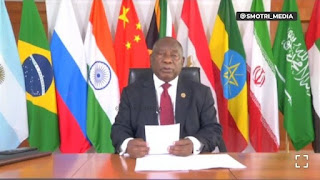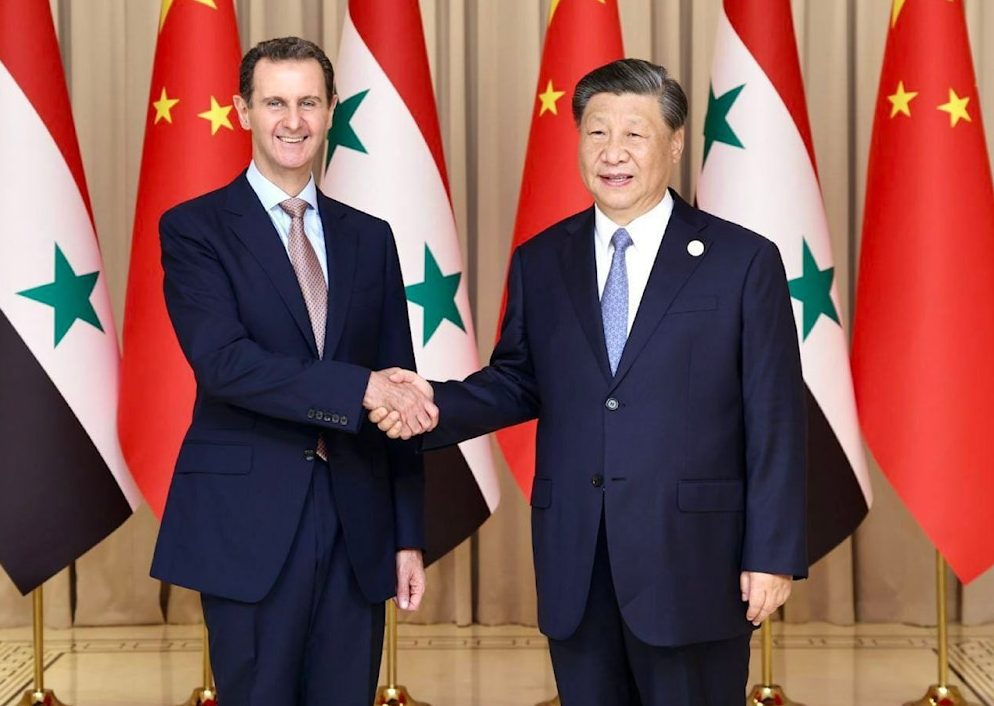
BRICS Calling for a ceasefire in Gaza: We condemn Israel's attacks on Lebanon and Syria
The BRICS group of countries stressed the need for an immediate and permanent ceasefire in Gaza, expressing its condemnation of the Israeli occupation's targeting of...




































